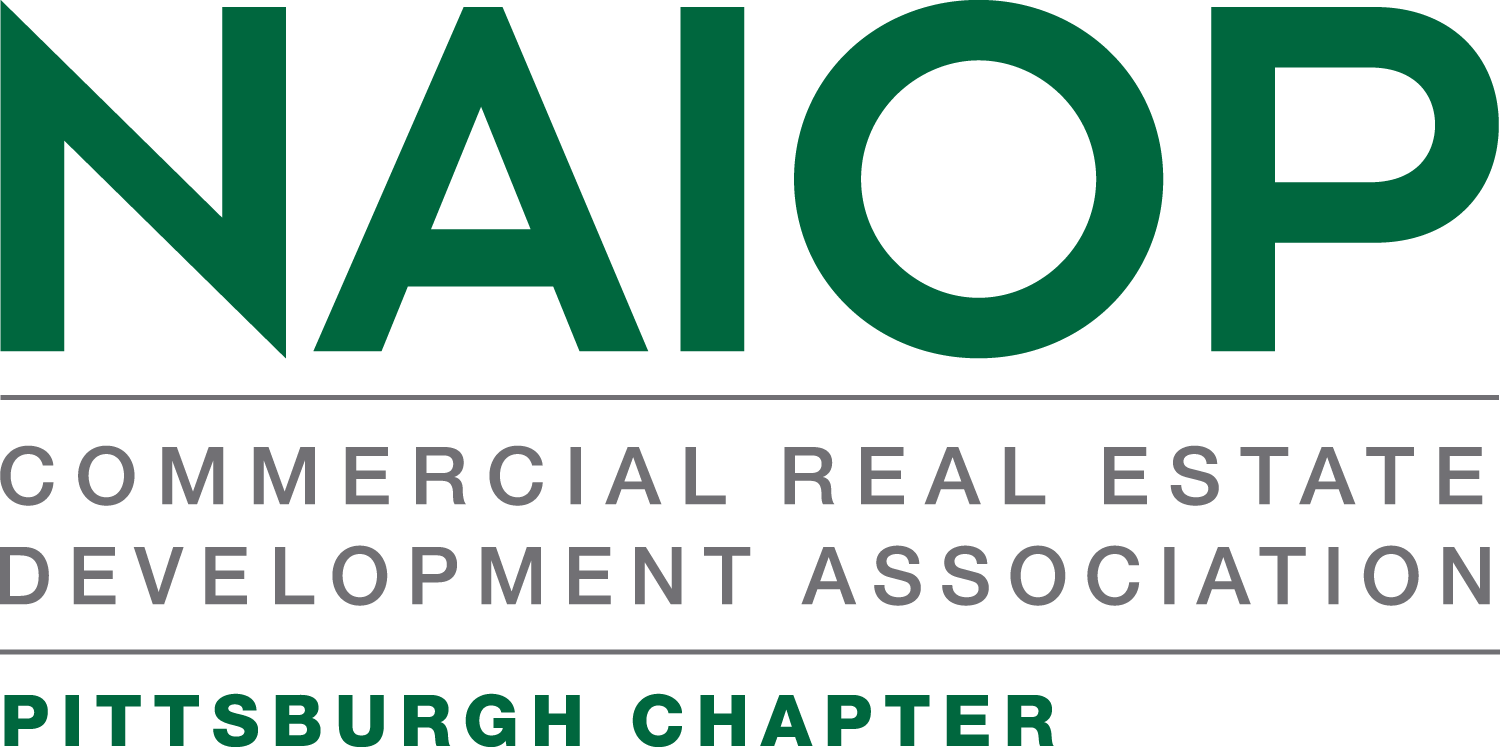Infrastructure and Transportation
The availability of modern and efficient infrastructure systems is a major factor in real estate development and investment decisions. The success of commercial real estate projects depends to a large extent on access to quality roads, ports, rail and other critical infrastructure systems.
Strategic, long-term investments in infrastructure systems lead not only to increased opportunities for commercial real estate development, but will result in stronger job creation and economic growth for our communities.
Congress and the Trump administration should be open to new and innovative ways to fund infrastructure development. Policies that increase the participation and contributions of the private sector, such as increased flexibility for and increased use of public-private partnerships (P3s) should be pursued.
Continued direct federal investment is critical. Public sector investment policies should be based on revenue sources that are predictable, reliable and sustainable to ensure that needed maintenance and repair of existing infrastructure occurs on a timely basis, and to provide for infrastructure investment where private-sector involvement is not economically feasible.
Expansion of ports and increased freight rail capacity is needed to relieve congestion problems. The federal government should work with states to develop strategies that encourage development of warehouses and other distribution facilities along trade corridors to meet future growth demands.
Congress and the Trump administration should remove regulatory obstacles that deter investment. Permitting and approval processes should be streamlined to improve project delivery systems and reduce costs.
States and localities should be afforded greater flexibility over the approval process for projects that have a federal-funding component.
None at this time.
NAIOP supports increased funding and investment for our nation’s critical infrastructure and transportation systems. We support the expanded use of public-private partnerships for infrastructure development, continued federal funding for maintenance and repair, and a more effective regulatory environment for major infrastructure projects.
The United States ranks 12th behind other industrialized countries in the quality of its infrastructure. Increased investment in critical infrastructure systems is needed to ensure our long-term economic competitiveness.
New and flexible funding, including expanding and incentivizing greater private sector participation in infrastructure projects through the increased use of public-private partnerships (P3s).
Efforts to streamline regulatory and administrative approvals for major infrastructure projects must be continued in order to reduce costs and speed project completion.
The federal government should provide states with greater regulatory and administrative flexibility over local infrastructure projects that receive federal funding.
NAIOP's position on Infrastructure and Transportation
Contact:
Aquiles Suarez
Vice President for Government Affairs
703-904-7100, ext. 115
